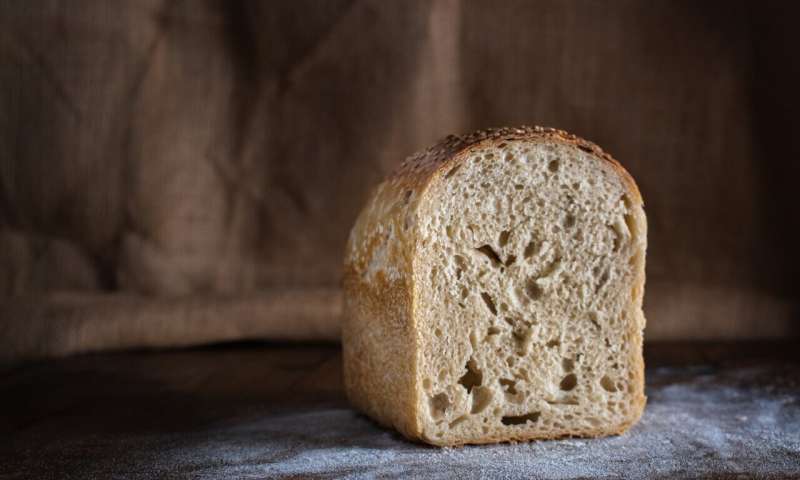Transforming Hospital Food: The Movement Toward Healthier Choices

Hospitals are transforming their food offerings by promoting healthier options through innovative programs, making nutritious choices more accessible for patients and visitors. Learn how initiatives like the Good Food, Healthy Hospitals are redefining hospital nutrition.
Hospital food has historically been associated with poor nutritional quality, often serving meals high in calories, fat, sodium, and sugar. However, a growing initiative is reshaping this perception by promoting the integration of healthier food options within hospital settings. The Good Food, Healthy Hospitals program, launched in 2014 by the Philadelphia Department of Public Health, aims to address the paradox of hospitals serving unhealthful food despite their mission to promote health.
Hospitals participating in this program are making significant changes—from revamping cafeteria menus to upgrading vending machines—by eliminating foods rich in fats, sugars, and sodium, and increasing the availability of plant-based, whole grain, and nutrient-dense options. For example, some hospitals have replaced traditional fryer equipment with air fryers, removed sugar-sweetened beverages entirely, and creatively marketed healthy dishes with appealing names.
A notable example is the Hospital of the University of Pennsylvania (HUP), which now features 'healthier vending machines' that meet specific nutritional standards: 65% of items are low in calories (250 or fewer), fat, sodium, and sugar, with traditional junk foods occupying only a limited portion of the inventory. Beverages in these machines primarily include water, sparkling water, unsweetened teas, and diet sodas, often priced competitively to encourage healthier choices.
The program emphasizes subtle placement strategies—such as positioning fruits and healthier snacks at eye level and at checkout counters—to encourage better selections without forcing them on consumers. Cafeterias are also shifting their offerings, replacing conventional candies and snacks with gluten-free, low-fat options, and showcasing healthier entrées like grilled chicken and whole-wheat pasta.
Participation in the initiative is voluntary but expanding across Pennsylvania, with 63 hospitals now involved across 27 counties. Influential healthcare systems such as Penn Medicine, Jefferson Health, and Trinity Health Mid-Atlantic are part of this movement. The goal is to create an environment where making healthier choices is easier and more appealing, ultimately contributing to better public health while maintaining individual preferences.
By making subtle changes in food placement, menu options, and vending machine offerings, hospitals are setting an example of how to balance health promotion with consumer choice. This initiative not only improves the quality of hospital meals but also serves as a model for other healthcare facilities aiming to promote wellness through nutrition.
Source: https://medicalxpress.com/news/2025-08-hospital-food-unhealthy.html
Stay Updated with Mia's Feed
Get the latest health & wellness insights delivered straight to your inbox.
Related Articles
Study Reveals Blueberries Boost Infant Immunity and Gut Health
Discover how blueberries can support infants' immune development and gut health based on recent scientific research, emphasizing early dietary interventions for long-term wellness.
The Potential of Soup to Alleviate Cold and Flu Symptoms and Aid Recovery
Recent research suggests that warm, nutrient-rich soups may help reduce symptoms and speed up recovery from colds and flu, offering a comforting and scientifically supported home remedy.
Global Efforts Fall Short in Reducing Childhood Wasting Worldwide
Despite global efforts, childhood wasting remains a critical issue with only 19% of countries on track to meet reduction targets. Effective nutritional interventions are vital to improve child health outcomes worldwide.
U.S. Government Ceases Publication of Comprehensive Food Insecurity Data
The U.S. government has discontinued its long-running food insecurity report, raising concerns over the monitoring of Americans' access to adequate nutrition and the effectiveness of hunger alleviation programs.



